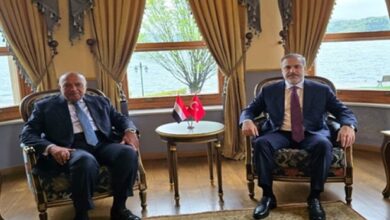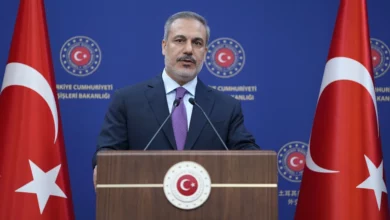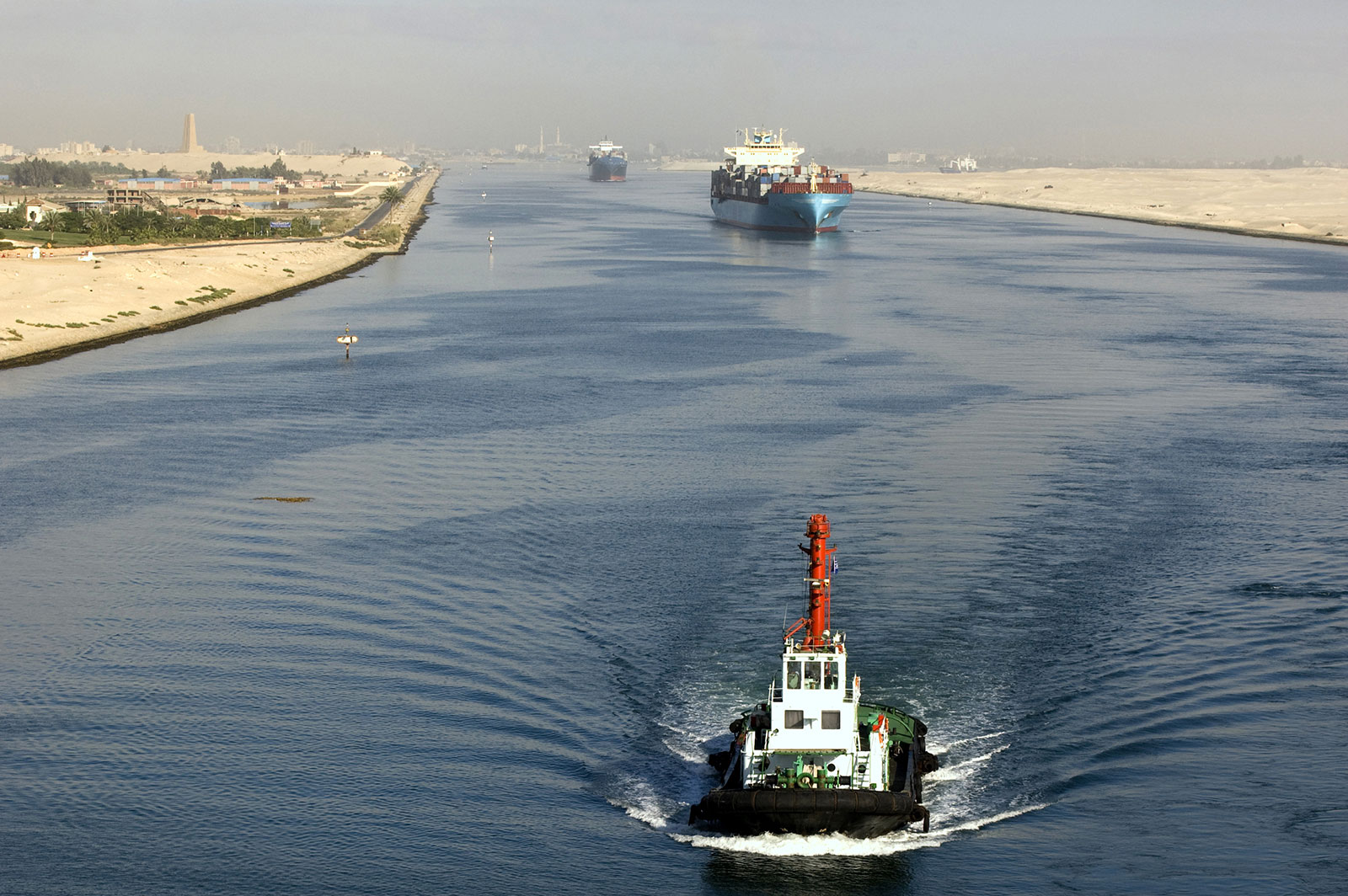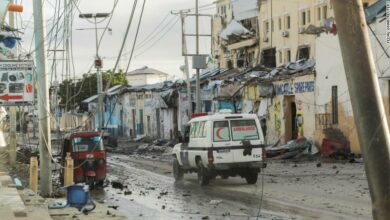ANKARA — Turkey said on Friday it might set up a border "buffer zone" to protect growing numbers of Syrian refugees fleeing a violent uprising against President Bashar al-Assad.
With the bloody revolt entering its second year, government forces battled protesters in at least three suburbs of the capital Damascus, opposition activists said. They also reported flare-ups in other towns and cities.
The UN-Arab League envoy Kofi Annan was due to brief the United Nations Security Council later in the day on his efforts to end the violence, but there was no sign of any breakthrough.
Assad faced growing international isolation as more Arab states announced they were shutting their embassies and the Turkish Foreign Ministry said it "strongly urged" its citizens to leave the country because of growing security concerns.
Turkish Prime Minister Recep Tayyip Erdogan, once a firm ally of Assad, said he was considering setting up a buffer zone along the border with Syria. Ankara might then withdraw its ambassador once its nationals had returned home.
"A buffer zone, a security zone, are things being studied," he told reporters in Ankara, but said other ideas were also under consideration. "It would be wrong to look at it from only one perspective."
Some 1,250 refugees have fled into Turkey from northern Syria in the last 48 hours, escaping an army onslaught in the frontier Idlib province.
Some 45 civilians had been killed in the region in the past day, including 23 whose bodies were found with their hands tied behind their backs, as well as five army deserters, the Syrian Observatory for Human Rights monitoring group reported.
The Syrian government says it is grappling with an insurgency by terrorists and foreign-backed militants and denies accusations of brutality against civilians.
Ankara is wary of any military intervention in Syria, fearing a broader civil war could spill over its borders, but a buffer zone would need armed protection, analysts say.
Turkey set up such a zone along the border with Iraq during the Gulf War in the early 1990s when tens of thousands of refugees headed towards its territory.
Backlash
Pro-Assad supporters staged mass rallies around Syria on Thursday to mark the first anniversary of the uprising, which has left at least 8,000 people dead and forced an estimated 230,000 to abandon their homes, according to UN figures.
Anti-regime protesters also tried to take to the streets, but often faced a fierce backlash, opponents said.
Activists said security forces fired heavily in southern Damascus's Qadam suburb on Friday to chase demonstrators off the roads. They also reported firing in the western suburb of Daraya and clashes with army deserters in Ghouta, east of the capital, which has seen gun battles in the past.
A Kurdish news agency in Turkey said many Kurds had staged a protest in Syria's second city Aleppo as well as other centers. It reported one person shot dead in Hassaka in northeast Syria.
Reports from Syria cannot be independently verified as authorities have barred outside rights groups and journalists.
Isolation
Underlining Assad's growing isolation, four members of the Gulf Cooperation Council (GCC) announced the closures of their embassies in protest against its violent crackdown, the Saudi Press Agency (SPA) said.
Kuwait, Oman, United Arab Emirates and Qatar were to follow in the footsteps of Saudi Arabia and Bahrain and halt diplomatic activity in Syria, the GCC was quoted as saying in a statement.
Russia, one of Assad's few remaining friends, condemned the decision, saying it was vital to keep communication open.
Mikhail Bogdanov, a deputy foreign minister, told reporters in Moscow that international calls for Assad to step down were "counterproductive because they send the opposition a false signal that there is no sense in entering dialogue."
Annan, a former UN secretary general, went to Damascus last weekend to discuss proposals to end the violence. Syria said it responded positively to the initiative, but Western diplomats have expressed pessimism about the chances of success.
Syria has repeatedly refused access to humanitarian groups to areas worst hit by the fighting, but has agreed to a joint mission with the United Nations to assess the needs of various cities and towns this weekend.
UN aid chief Valerie Amos welcomed the move, but said it was not enough: "I repeat my calls to the government of Syria to allow humanitarian organizations unhindered access, so they can help people in need, in a neutral and impartial manner," she said in a statement.




